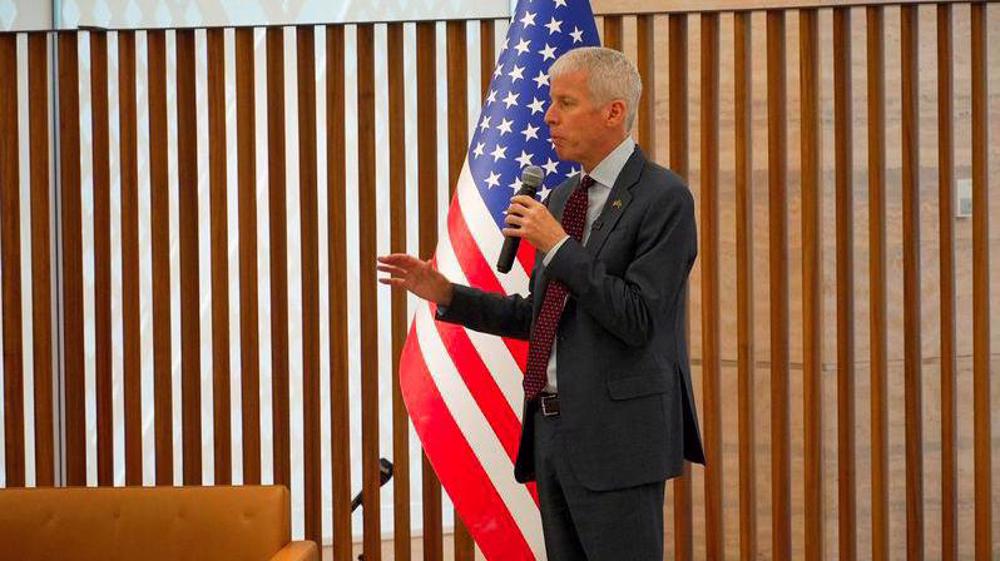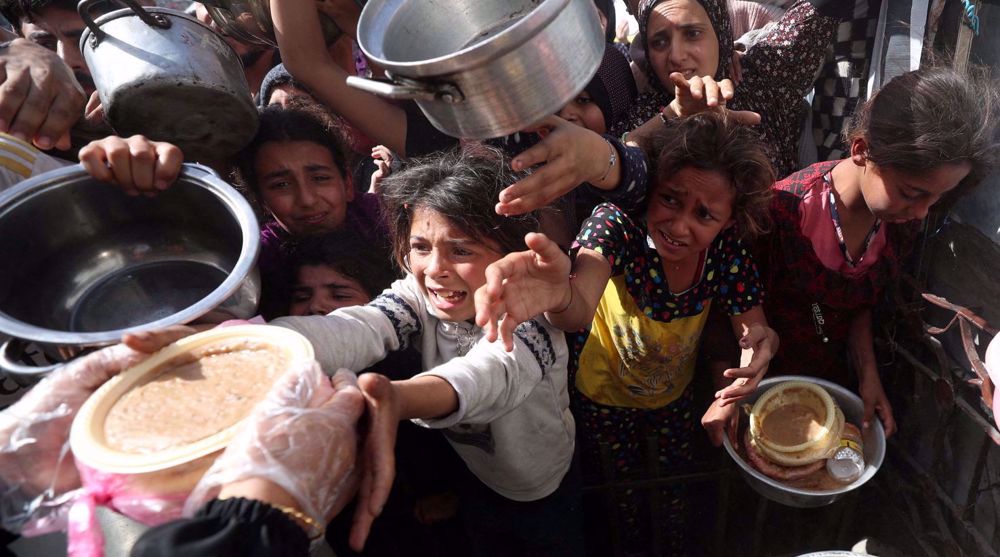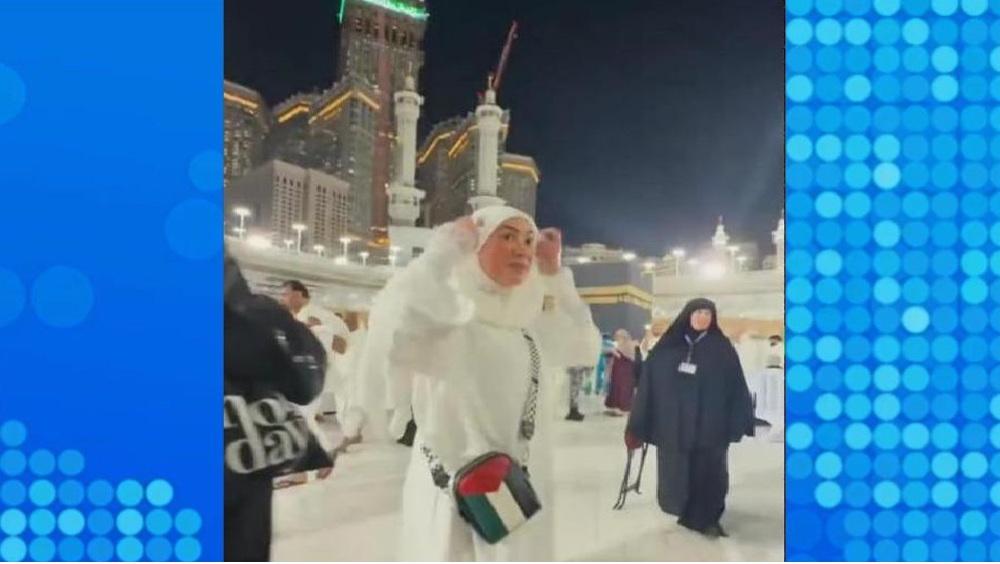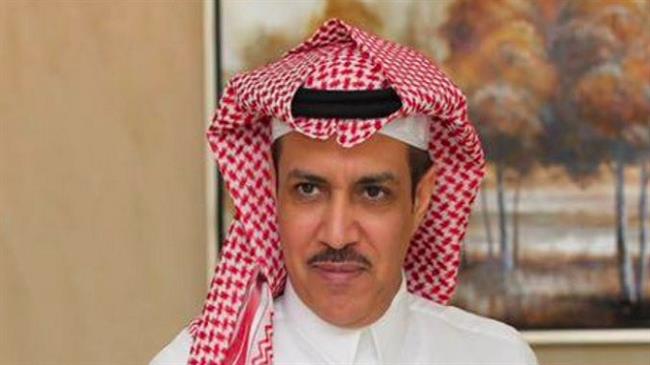Dissident Saudi journalist dies due to health problems nearly two months after prison release
A dissident Saudi journalist has reportedly died of health problems nearly two months after release from prison amid a widening crackdown led by Crown Prince Mohammed bin Salman against rights campaigners and intellectuals in the kingdom.
The Prisoners of Conscience, an independent nongovernmental organization advocating human rights in Saudi Arabia, announced in a post on its official Twitter page that Saleh al-Shehi died on Sunday evening, after his health condition continued to deteriorate following his freedom in May.
Back on February 8, 2018, a specialized criminal court in Saudi Arabia sentenced Shehi – a columnist for the Arabic-language al-Watan daily newspaper – to five years in prison for “insulting the Royal Court,” followed by a five-year travel ban that went into effect upon his release.
Saudi regime forces arrested the journalist on January 3 that year in connection with his appearance on “Yahalla” show aired on Saudi Arabian Rotana satellite television channel. He accused the Royal Court of corruption during the program, according to a report published in the privately-owned Saudi newspaper Okaz.
Shehi used to write regularly about the Riyadh regime’s use of funds recovered during a purported anti-corruption drive launched in November 2017 that saw senior princes, ministers and prominent businessmen rounded up.
The Royal Court said at the time that a committee led by bin Salman had recovered $107 billion in settlements, including property, companies, cash and other assets.
A total of 381 individuals were summoned by the commission. Eighty-seven reportedly agreed to settle, eight refused and 56 were denied settlements because of already existing charges.
Many of the detainees were initially held at the Ritz-Carlton hotel in Riyadh.
Saudi Arabia is among the world's largest jailers of reporters and journalists, according to the New York-based NGO the Committee to Protect Journalists (CPJ).
Saudi Arabia ranks 170 out of 180 countries for free expression, according to the 2020 World Press Freedom Index.
Ever since bin Salman became Saudi Arabia’s de facto leader in 2017, the kingdom has arrested dozens of activists, bloggers, intellectuals and others perceived as political opponents, showing almost zero tolerance for dissent even in the face of international condemnations of the crackdown.
Over the past years, Riyadh has also redefined its anti-terrorism laws to target activism.

Saudi Arabia, US to sign agreement on civil nuclear program: Energy secretary

Saudi Arabia calls for 'maximum pressure' on Israel as UN warns of ‘longest Gaza blockade’

Saudi police ‘detain’ female pilgrim for displaying Palestinian flag in Mecca
US launches airstrikes on Yemen's Ras Isa oil port
VIDEO | Failed US policy reinstated
Nine US military planes deliver bunker-busting bombs to Israel: Israeli media
Iranian FM submits Leader’s written message to President Putin
Israeli minister: Troops to remain in Gaza, Lebanon, Syria ‘indefinitely’
Iran takes four countries to World Court over 2020 downed jet
Advocacy group files war crimes case in US against Israeli soldier
Israel secures 6-month delay in Gaza genocide case at ICJ









 This makes it easy to access the Press TV website
This makes it easy to access the Press TV website